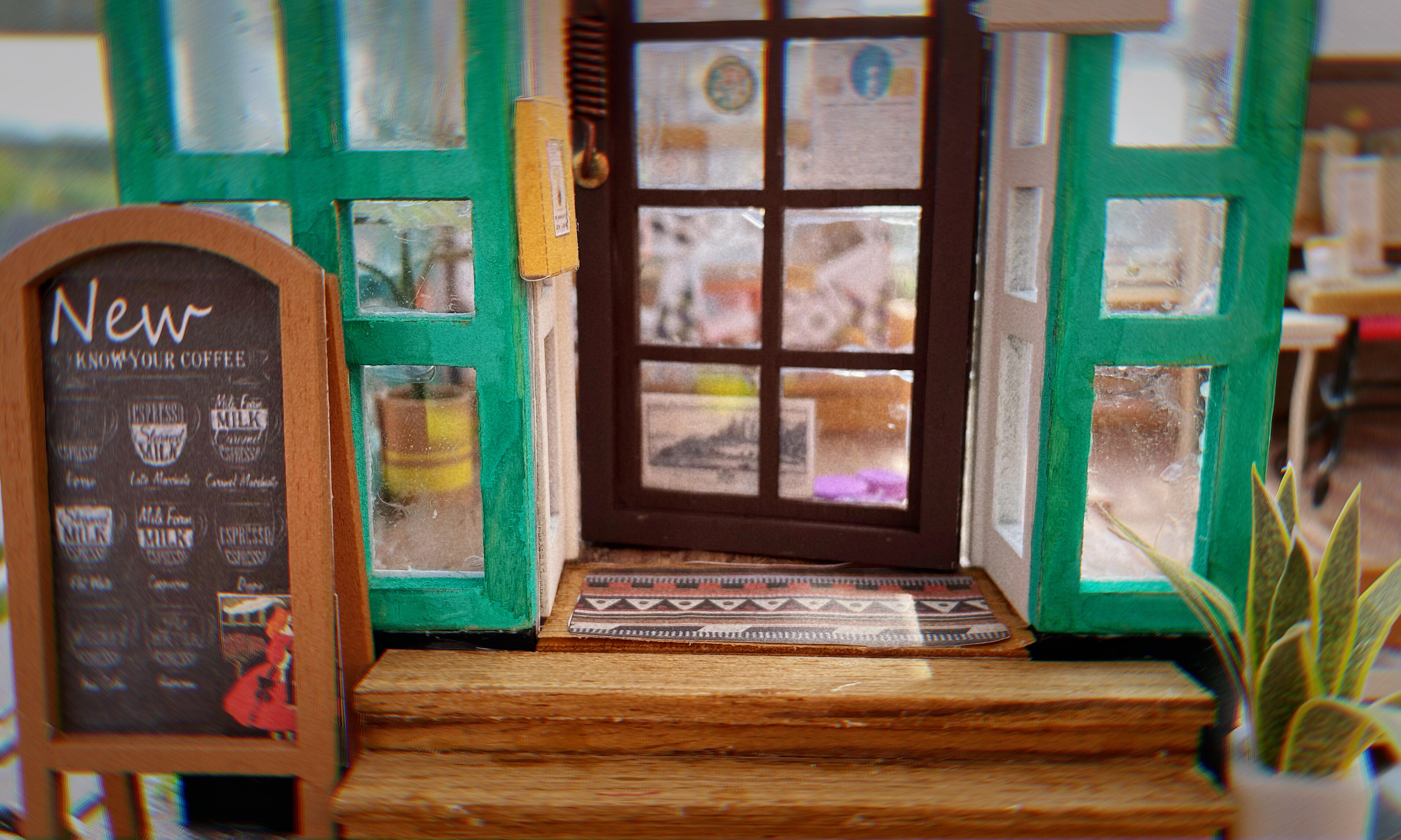
我又梦中鉴梦了,这次梦里要写一篇关于 Poesie 的作文,我无意中查到一篇深度好文,于是打算背下它,然而我深刻地知道梦里写下的笔记无法带出梦外,梦里的记忆在醒来之后也会很快消逝,所以我背得很努力,醒来之后我真的还记得几个片段 ![]()
那篇文写的不是读到的诗歌,而是生活中的诗意,大概写的是作者住在一个村庄,里面的人都是老人,不怎么瞧他,他做的事也没有人在意。面对美丽的自然风光,他深刻地感到回归了本真,认识到自己就是一只再寻常不过的动物。
梦中的情感还是很强烈的,更多的细节不记得了,但是第一句是 “Am I like you or are you like me?”,文中还大量使用我查了词典才懂的德语词,我怀疑都是我瞎编的 ![]()
#HowEmotionsAreMade 这本书,虽然很多观点看起来有些反常识,但是真的很符合我的亲身经历!有一种自己的胡乱猜想被科学证实了的感觉。随便摘抄一下:
“Scientists in Israel found that judges were significantly more likely to deny parole to a prisoner if the hearing was just before lunchtime. The judges experienced their interoceptive sensations not as hunger but as evidence for their parole decision. Immediately after lunch, the judges began granting paroles with their customary frequency.
When you experience affect without knowing the cause, you are more likely to treat affect as information about the world, rather than your experience of the world. The psychologist Gerald L. Clore has spent decades performing clever experiments to better understand how people make decisions every day based on gut feelings. This phenomenon is called affective realism, because we experience supposed facts about the world that are created in part by our feelings. For example, people report more happiness and life satisfaction on sunny days, but only when they are not explicitly asked about the weather. When you apply for a job or college or medical school, make sure you interview on a sunny day, because interviewers tend to rate applicants more negatively when it is rainy. And the next time a good friend snaps at you, remember affective realism. Maybe your friend is irritated with you, but perhaps she didn’t sleep well last night, or maybe it’s just lunchtime. The change in her body budget, which she’s experiencing as affect, might not have anything to do with you.”
“Back when I was in graduate school, a guy in my psychology program asked me out on a date. I didn’t know him very well and was reluctant to go because, honestly, I wasn’t particularly attracted to him, but I had been cooped up too long in the lab that day, so I agreed. As we sat together in a coffee shop, to my surprise, I felt my face flush several times as we spoke. My stomach fluttered and I started having trouble concentrating. Okay, I realized, I was wrong. I am clearly attracted to him. We parted an hour later—after I agreed to go out with him again—and I headed home, intrigued. I walked into my apartment, dropped my keys on the floor, threw up, and spent the next seven days in bed with the flu.”
还看到有人说自己的朋友都是酒肉朋友,现在 lockdown 不见面吃吃喝喝就没有共同语言了…我没有一个酒肉朋友,所有的朋友都是在某方面有共同语言可以畅聊的,并且大家都住在离我很远的地方,一年能出来吃喝一次就不错了,有的三年没见过了,有的还没有见过面。这么说来其实 lockdown 完全没有影响到我和朋友的交往。困扰我的就是我和这些朋友几乎只能(网上)聊天,但是人的需求不只有聊天而已,这就是酒肉朋友的重要性了,和活人见见面一起随便做点事随便讲点废话也是人的需求之一。我至今还在念念叨叨五年多前来德国的第一个圣诞节,学长带我和小伙伴一起去几个学长学姐家包饺子炖牛肉,对我来说是特别难得的经历。
我觉得比较好笑的一点是,Zimmermädchen 指的是酒店之类的地方打扫房间的女仆,但是 Zimmermann 指的是造房屋的木工 ![]() 好像默认男人和女人在房间(Zimmer)里做的是不一样的工…
好像默认男人和女人在房间(Zimmer)里做的是不一样的工…
但是 Zimmermann 最后成了一个姓,Zimmermädchen 没有
今天请了家政服务,因为自己太懒而且很好奇家政到底怎么做的。一共做了两个小时,也就是普通的做家务,让他收拾了一下厨房的锅碗瓢盆,擦了窗户,然后整个屋子收垃圾吸地拖地,感觉没什么特别的,和我做得差不多,可能是两个小时也做不了多少。我给平台支付了 35 欧,但是家政人员只会收到 21 欧。虽说家政人员在平台上可以收到好评,扩大客源,但还是感觉扣得太多了。
德国的这个职业一般叫做 Putzfrau, 也就是家政阿姨,但是因为性别色彩比较重,也可以统称 Putzkraft. 而且出乎我意料的是家政平台上主要都是(外国)男性,房东给这栋楼请的清洁工也是男的,我觉得这个称呼确实该改一改了。只有神经病谷歌,我上网搜 Putzkraft, 它还问我是不是要搜 Putzfrau ![]()
